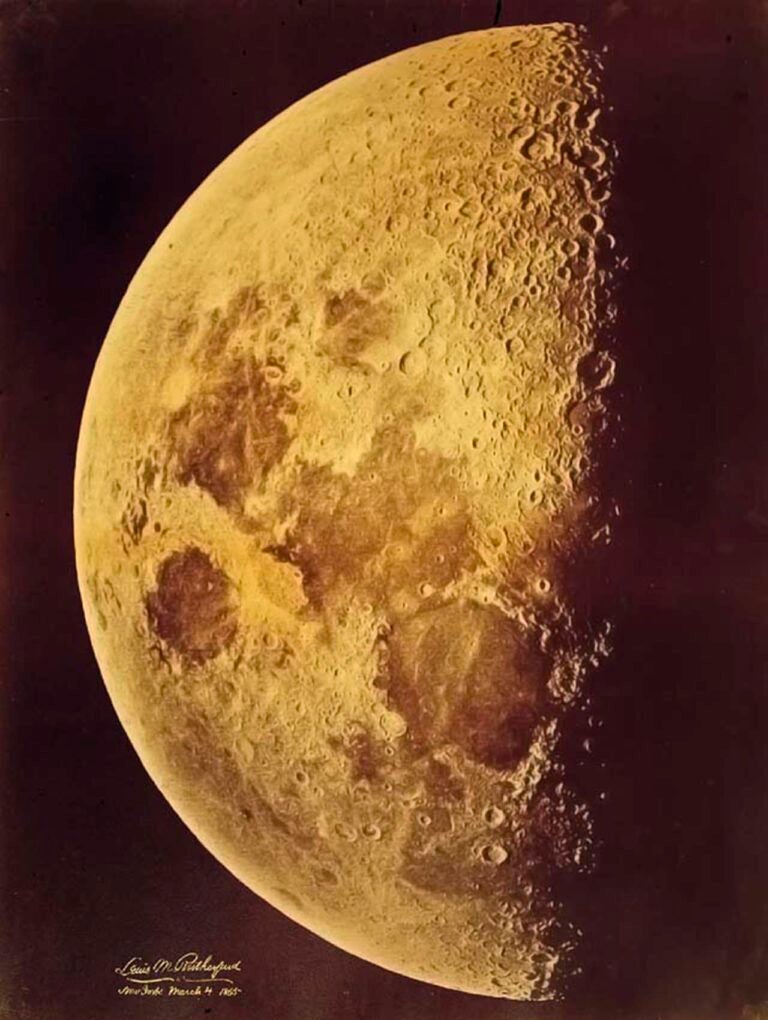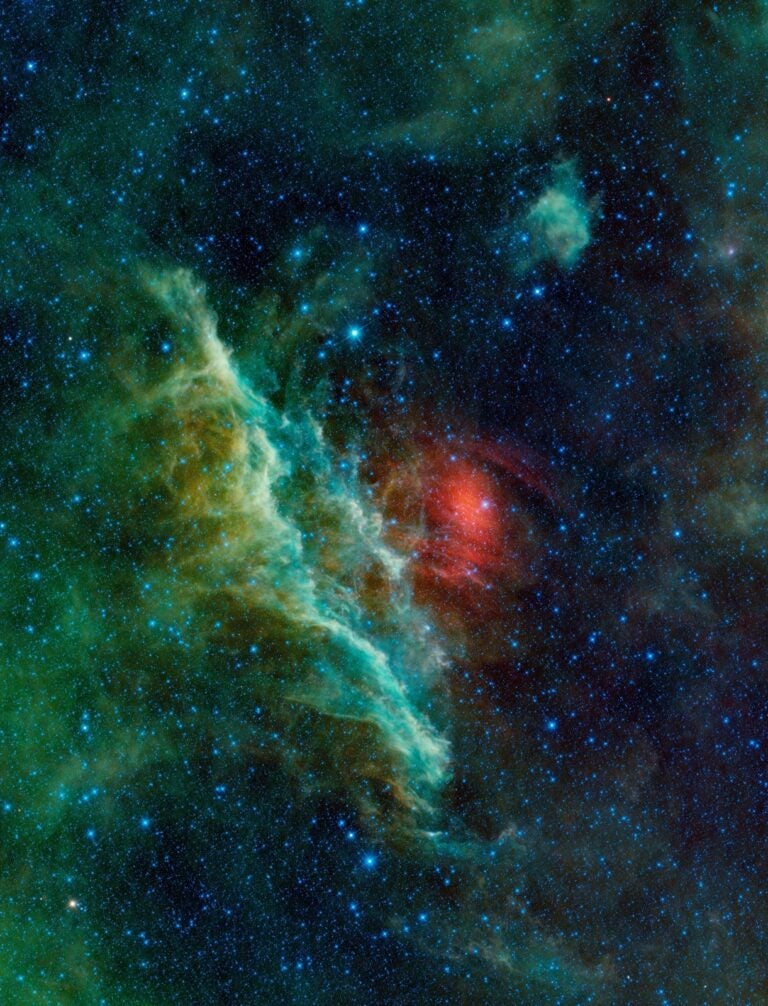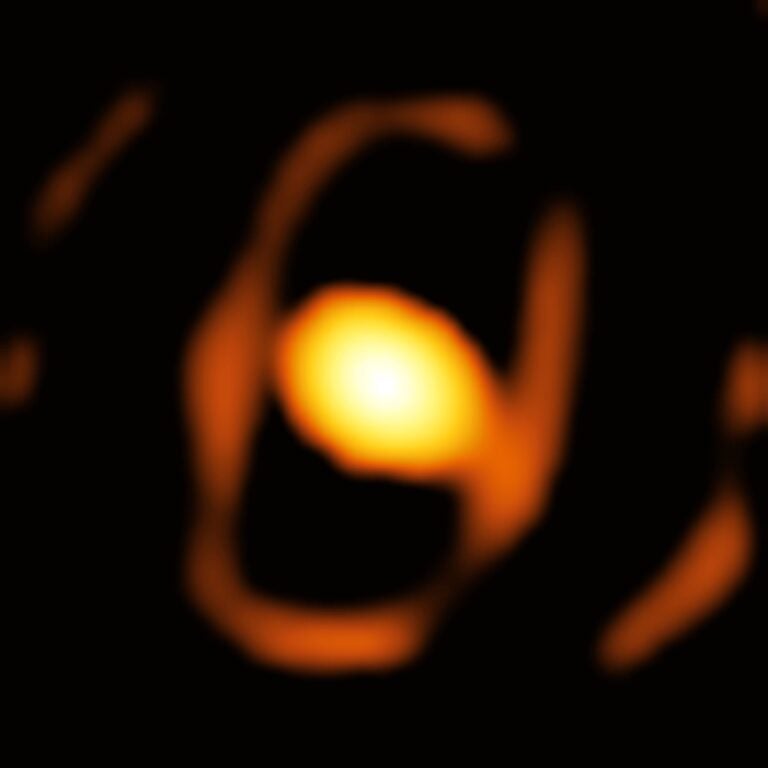Arrival, a cerebral new science fiction drama, is a remarkable new film, especially for anyone interested in science, space and the nuanced complexities of communication. Usually when aliens touchdown on Earth in films, they’re accompanied by mass hysteria and violent outcomes. The arrival of giant ominous “heptapod” aliens certainly creates a panic, but this isn’t like most alien-centered films out there. It’s better.
The heroine, Dr. Louise Banks (played by Amy Adams), is an all-star linguist who specializes in rare languages. Her exceptional skill set makes her a desirable resource for the military when they are suddenly confronted by a worldwide alien invasion and need someone to communicate with the creatures inside. The film challenges our very notion of what intelligent life might not only look like, but how they might think. Unlike most action packed alien invasion flicks, director Denis Villenueve provides a think piece, a brainy thought-provoking story meant to leave you sitting in the theater scratching your head while the credits roll on. For any who’ve seen the science fiction film, Contact, the feeling is similar. Carl Sagan’s epic adventure brought humans in touch with a benevolent race of aliens, and showed them how to travel through spacetime in a theoretical wormhole. Arrival, on the other hand, never leaves Earth, instead warping of cognitive understanding comes from another kind of contact, one using the written word, language, and thinking way, way outside the box to understand reality.
Banks is a complex mix of a successful linguist and scientific thinker. Her character could easily stand alongside the stars of films like Ryan Stone (Sandra Bullock) in Gravity, or Ellie Arroway (Jodie Foster) in Contact. Her backstory plays a huge role in the film and is in itself another character that we don’t get to know until much later.
Arrival is based on the short story “The Story of Your Life” by Ted Chiang, which centers on the concept of linguistic relativity, or the Sapir-Worf hypothesis. This theory says that the structure of a language directly affects a being’s thought processes or cognition. “Whorfianism”, as it’s called, plays a pivotal role in the film and in how Dr. Banks attempts to decipher their unfamiliar language.
Most of the film is suspenseful, which the trailer alludes to (no spoilers); we see people donning orange hazmat suits and shaky hands throughout. You might jump a little, but don’t expect any epic space battles; that’s not what this film is for. There are some fun unexplained surprises like the changes in gravity inside the cocoa bean shaped pod, and fluctuations in the electromagnetic field around their ship. But as we expect, any civilization advanced enough to travel to another world would be far older than us, requiring their technology to be advanced beyond our comprehension.
Arrival may be the best science fiction film of the year, and arguably the most introspective movie in the last decade to broach the contentious topic of intelligent life beyond our own. Its clever approach to storytelling forces the audience to grapple with their preconceived notions of what the typical “alien” is thought to be like, of what it means to communicate, and ultimately, a reminder that humankind is young, powerful and still has a lot to learn about understanding one another.










